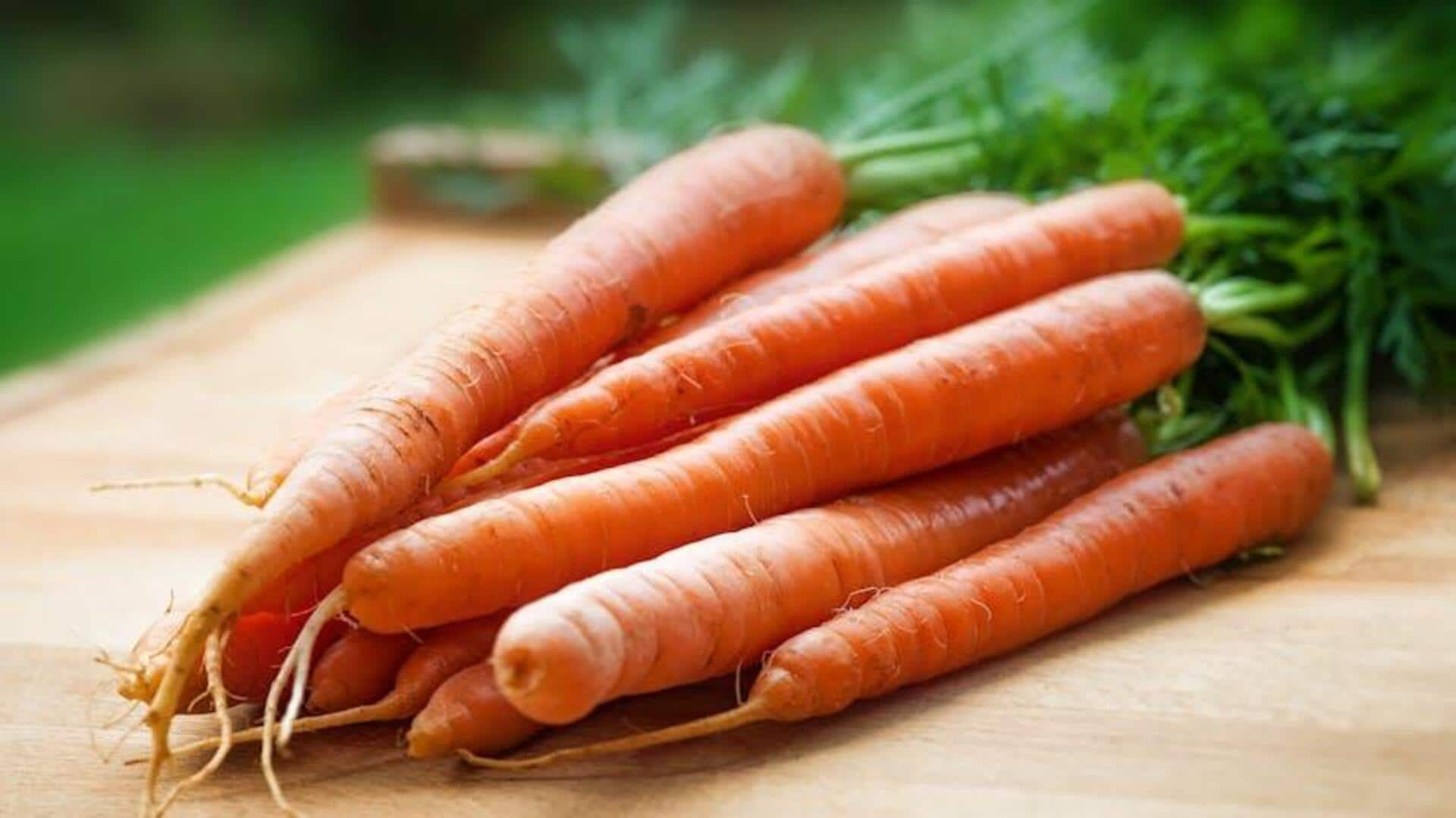
Pumpkin v/s carrot: Which is more nutritious?
What's the story
Pumpkin and carrot are two of the most popular vegetables, both known for their vibrant colors and nutritional benefits. While both are rich in vitamins and minerals, they have their own unique nutritional profiles. Here, we take a look at the nutritional differences between pumpkin and carrot, highlighting the key nutrients each vegetable offers. This will help you make informed dietary choices based on your nutritional needs.
#1
Vitamin content comparison
Pumpkins are an excellent source of vitamin A, providing more than 200% of the daily recommended intake per cup. They also provide vitamins C and E, which are important for immunity and skin health. Carrots also provide a good amount of vitamin A but are particularly high in vitamin K. They also provide some B vitamins, which are essential for energy production and brain health.
#2
Mineral composition insights
Both pumpkins and carrots are rich in essential minerals. Pumpkin is a good source of potassium, which is important for heart health and blood pressure regulation. It also contains magnesium and calcium in smaller amounts. Carrots are particularly high in potassium and provide some calcium and iron as well. These minerals help with bone health, muscle function, and oxygen transport in the body.
#3
Fiber content analysis
Fiber is important for digestive health, and both pumpkins and carrots deliver it well. A cup of pumpkin has about three grams of fiber, while the same serving of carrots has about four grams. Eating fiber-rich foods helps with regular bowel movements, lowers cholesterol levels, and keeps you full, which can help you lose weight if that's your goal.
Tip 1
Caloric value considerations
When it comes to calorie count, pumpkins have fewer calories than carrots. A cup of cooked pumpkin has roughly 50 calories, while a cup of raw or cooked carrots has about 52 calories. If you're looking to keep your calorie count low while still getting the nutrients you need from vegetables, both make great options without adding too many calories to your diet.